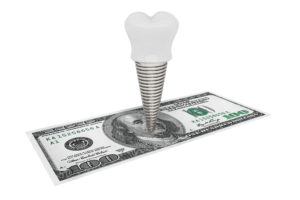
We recommend acquiring dental implants if you are looking for a safe tooth replacement alternative. For a tooth replacement solution, dental implants are consecutively rated the best choice, but they come with a price. Throughout this article, we will analyze the factors influencing the expense of your dental implant so that you are aware of what to look for before you receive treatment.
Choice of surgeon
The first consideration you should be aware of in your dental implant voyage is finding an appropriate surgeon to place your implants. Make sure you choose a skilled physician who has done this operation multiple times on as many patients as possible to ensure that you receive the best possible treatment.
Sedation options
While dental implant procedures are normally performed every day, the patient will usually receive local anesthesia, some patients also choose other types of sedation to help them cope during their operation. You will need to take this into account during your implant phase. Make sure to talk to your dentist about the types of sedation that they have to choose from.
Pre-op procedures
You may have to undergo pre-preparatory treatments before inserting your actual dental implant, based on your current state of dental well-being. It involves treatments such as extractions of deep cleaning of the teeth and sometimes bone grafting.
Number of implants
Based on where it is put, a single implant can be costly, so it’s best to talk to your dentist while selecting the number of implants to be inserted and figure out the best plan of attack.
These are just some things you will need to remember before you continue with your dental implant treatment. To learn more about dental implant cost factors contact our offices in Omaha, Nebraska to schedule an appointment with Dr. Wewel.

